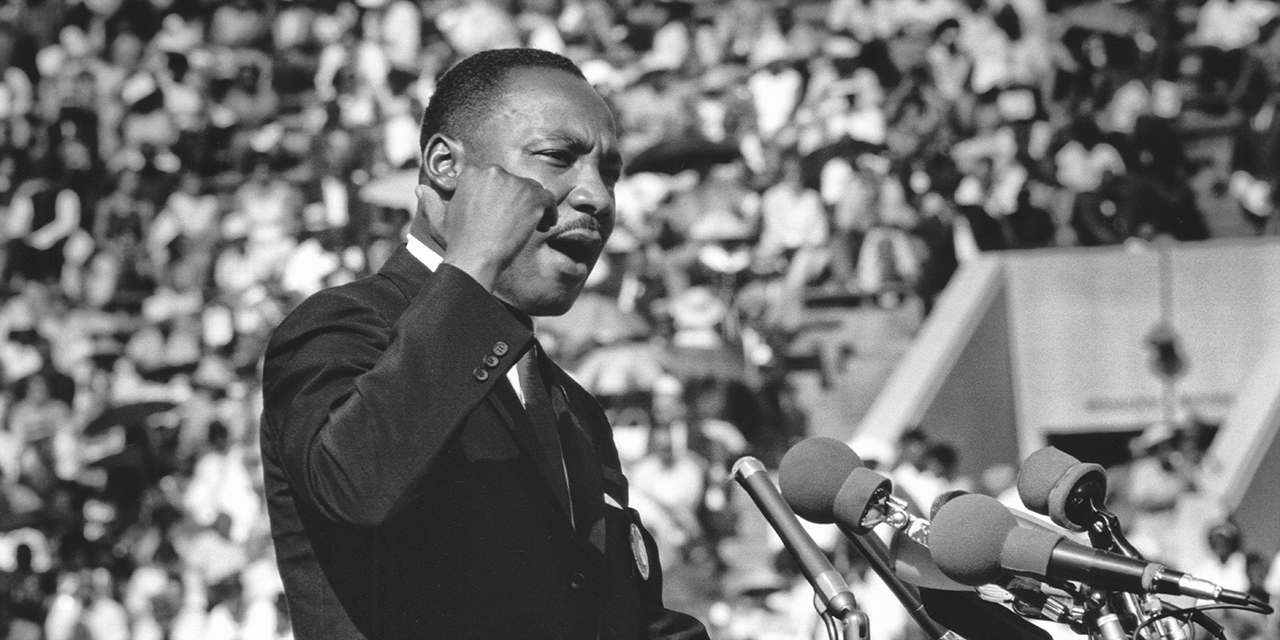By: Sarah Gibson
Today marks 51 years since the death of Dr. Martin Luther King, Jr. He was assassinated on April 4, 1968, in Memphis, Tennessee, where he was supporting a strike by African-American sanitation workers who were paid significantly less than their white colleagues. The strike, which came to be known as the Memphis Sanitation Strike, started on February 12, 1968. The catalyst for the movement was the death of two workers—Echol Cole and Robert Walker—who were crushed to death in garbage compactors on February 1, 1968. They were trying to take shelter from the rain; two other men four years prior had suffered the same tragic fate, but the faulty compacter machines had not been fixed.
King went to Memphis to protest the working conditions and lower pay of Black sanitation workers after the deaths of Cole and Walker. He was present at a demonstration on March 28, 1968. One week later—the evening before the second march in the strike—King stepped out onto the balcony of his hotel, where he was fatally shot in the head by fugitive James Earl Ray.
Following King’s death, the strike became more violent, until it ultimately ended on April 16, 1968, with a settlement that included increased pay and unionization. King knew his work was dangerous; his death was the second attempt on King’s life, after he survived a knife attack in 1958. But he knew that the advancement of civil rights was even more important, so he never gave up. And today, on the anniversary of his death, we remember his sacrifice.
At the Lawyers’ Committee for Civil Rights Under Law, we honor Dr. King’s legacy by fighting for a more just and equitable society. Our work to ensure access to the ballot box, our efforts to fight for fair pay, and our work to address the racial disparities that infect the criminal justice system are all undertaken in the spirit of Dr. King. We use today to reflect on Dr. King’s sacrifice while redoubling our efforts to advance civil rights across the country.


